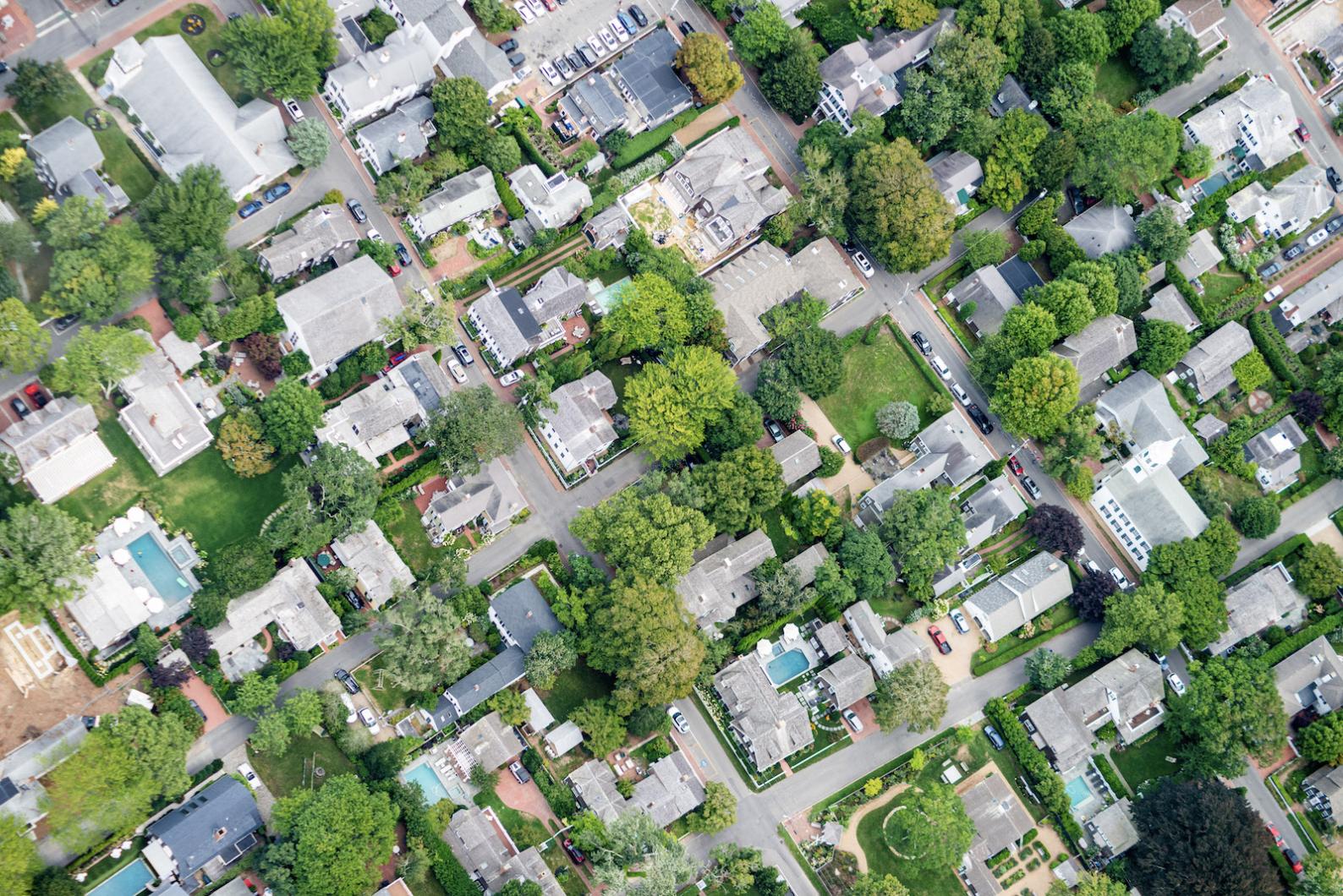Edgartown residents debated 10 possible new zoning bylaws in a public hearing Tuesday, all intended to preserve the town’s year-round housing stock, encourage higher-density building and protect the Island’s fragile natural resources.
The zoning bylaw review committee formed in 2023 with a special lens on ecological preservation and solutions to the Island’s ongoing housing crisis. After months of internal debate, the committee proposed 10 new bylaws to the planning board which, if approved, would go to a town meeting vote this April. Among other measures, the proposed bylaws would limit fractional ownership, residential intensity, and guest house sizes, while relaxing regulations on multi-unit dwellings, staff apartments, and mixed-use buildings.
Following a trend the building department has reported of larger and larger houses, two proposed bylaws seek to set size limits for homes, limiting accessory dwellings to 1,250 square feet and gross floor area for residential buildings to 12,000 square feet, provided they also meet strict environmental standards. Planning board chair Lucy Morrison said the building department has seen projects of up to 45,000 square feet.
Most residents had minor feedback on the proposed housing bylaws except to refine certain definitions and enforcement mechanisms. Benjamin Hall Jr. spoke against nearly every bylaw Tuesday, raising concerns that the proposed regulations, particularly the limits on sizing and fractional ownership, would adversely affect those who build and live on family compounds.
“It’s going to be extremely limiting and punitive to families,” Mr. Hall said. “We have to keep our family compounds intact…rather than have a large family leave the Island.”
When first floated earlier last year, the limits on fractional ownership drew confusion from homeowners unfamiliar with the new variation on a timeshare model, in which third-party companies list homes for unrelated parties to purchase a share in, driving up prices far above what an individual could pay. Martha’s Vineyard Commission Island housing planner Laura Silber clarified that the definition of fractional ownership does not include those who live in a cooperative model or familiar parties who knowingly go in on a property together. The town of Tisbury recently added a bylaw with similar language.
If passed, the bylaw would prohibit fractional ownership in residential zones.
The night’s most controversial bylaw was a proposed tree preservation program that would require property owners to replace trees unnecessarily cut down during construction or pay into a town fund. Committee chair Julia Livingston began the hearing by pointing out that many other towns in Massachusetts, including Aquinnah, have similar bylaws to discourage clear-cutting and preserve local woodlands.
The bylaw language covers all healthy trees with a diameter of at least 6 inches, but exempts trees cut down within 15 feet of new construction.
“This bylaw won’t impede you from building anywhere you want to build,” Ms. Morrison said.
Several residents raised concerns that the bylaw would be impractical to enforce and a gross overreach of the town. Others said the bylaw would unfairly punish those who cut their own firewood to heat older homes.
“That’s just not fair to the old standing families,” Mr. Hall said.
Kate Putnam defended the bylaw, urging critics to be more forward-looking.
“The time for woodlots has come to an end,” she said. “I don’t think we want to think about how we’re going to be burning [trees] down. We’re thinking about how we’re going to use them to lower our carbon emissions.”
After the three-hour hearing, the board closed the public hearing and resolved to continue reviewing the proposed bylaws at a later date ahead of town meeting.






Comments
Comment policy »